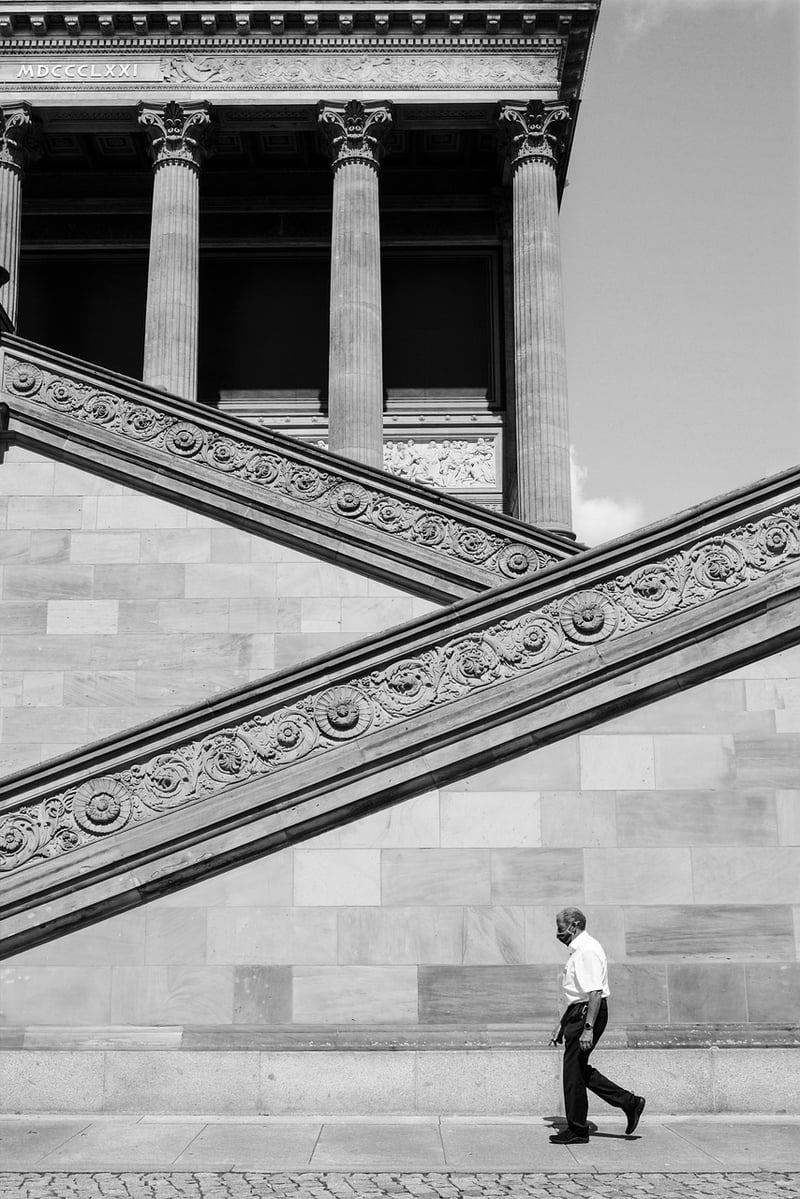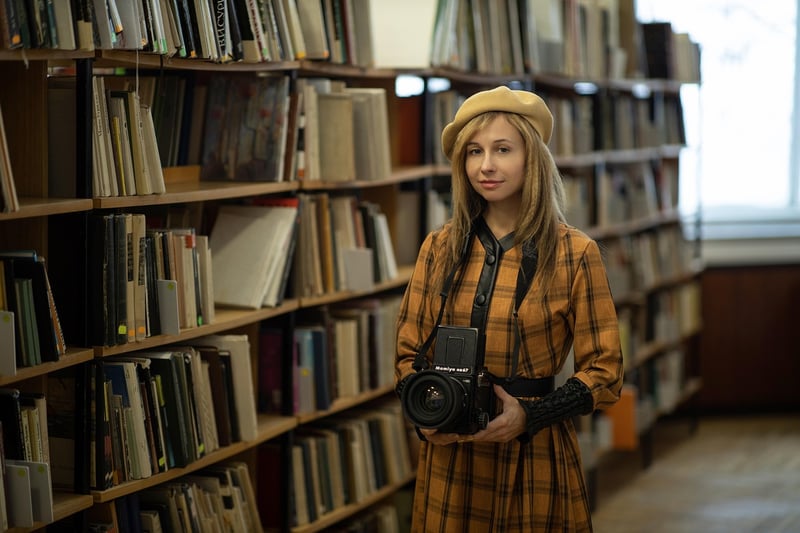Changing the Past
The Impacts of Altering History and Changing the Past
History is a narrative of events that have shaped our world and defined our present reality. The idea of altering history or changing the past has long captured the imagination of many, but what would be the consequences of such actions?
1. Butterfly Effect
The butterfly effect is a concept that suggests small causes can have large effects. Changing even minor details in the past could lead to significant and unpredictable alterations in the present and future.
2. Temporal Paradoxes
Alterations to the past can create paradoxes such as the grandfather paradox, where a time traveler could prevent their own existence by changing events in the past. Resolving such paradoxes could have profound philosophical implications.
3. Cultural and Societal Shifts
Changing historical events could result in entirely different cultural norms, societal structures, and technological advancements. The world, as we know it, could be unrecognizable if key events were altered.
4. Ethical Considerations
There are ethical dilemmas associated with altering history. Who decides what events should be changed? What are the implications for individuals who may cease to exist or suffer unintended consequences?
5. Learning and Growth
History teaches us valuable lessons from past mistakes and successes. Changing the past could deprive us of these learning opportunities and hinder our growth as individuals and societies.
While the concept of altering history and changing the past may be intriguing, it is essential to consider the far-reaching impacts and ethical implications of such actions. History, with all its complexities and imperfections, plays a crucial role in shaping our present and future.

Explore more on the topic here.
